“What is saving you now?”
None of us could ever have imagined that we would be a part of one of the generations of history. But our challenge has arrived. In an inspirational message, JHR Editor-in-Chief Dr. Sarah Blanton examines what it means to navigate these uncertain times. She demonstrates how a humanities perspective can well be what saves us and makes us stronger. “I truly believe this cohort of clinicians, experiencing this pandemic, will emerge with exceptional levels of resiliency, compassion, cognitive flexibility, and critical thinking skills…,” she concludes. “Our world will be remarkable in ways we have yet to imagine.”
Profiles in Professionalism With Carol M. Davis
In this personal and insightful interview, Dr. Carol M. Davis relates her process of becoming a physical therapist, noting that the road to professionalism involves a willingness to “mature into oneself.” Describing her experiences working with students entering the field of physical therapy, she illustrates why studying the humanities helps students move beyond viewing their work as merely an occupation. Her reflections steer us towards a deeper understanding of what it means to be an extraordinary professional.
My Journey Using Art as Physical Therapy
Babs McDonald describes her journey toward recovery from an ischemic stroke through painting and sketching. Through numerous examples of her artwork, she details her experiences pushing through impairment to create images chronicling her life. Based on her success, she advocates for the use of fine art techniques to foster upper limb movement in stroke survivors. Creating her art, she says, has taught her that “there are no failures in my recovery, only new challenges.”
Dynamic Autonomy in Chronic Pain Management: Frida Kahlo Illustrates
As today’s healthcare professionals struggle to address the challenges of chronic-pain management, Debra Gorman-Badar argues that current multidisciplinary programs are missing a crucial component: an updated conception of patient autonomy. She details how expressive therapies help patients integrate their chronic-pain experiences into their lives and promote healing self-knowledge—as Frida Kahlo did through her remarkable paintings.


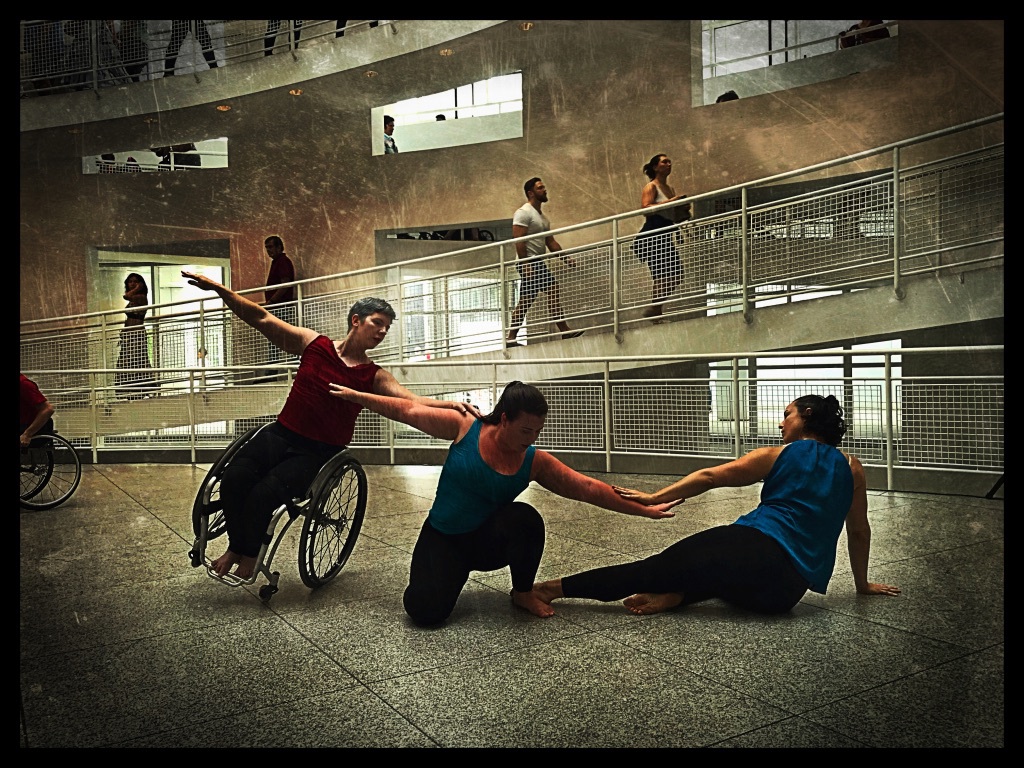




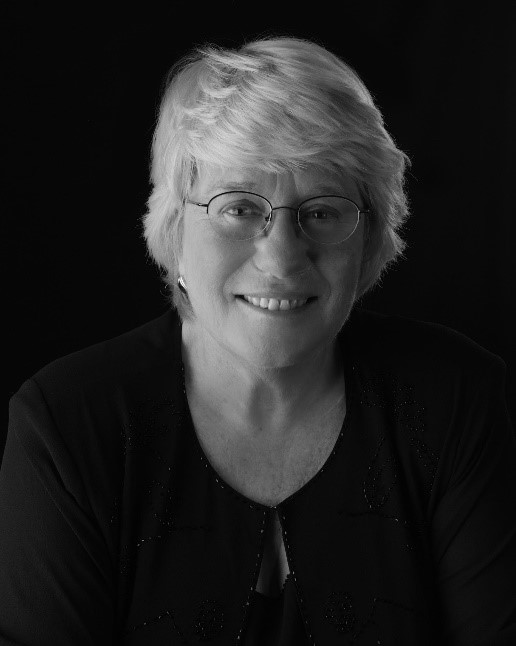
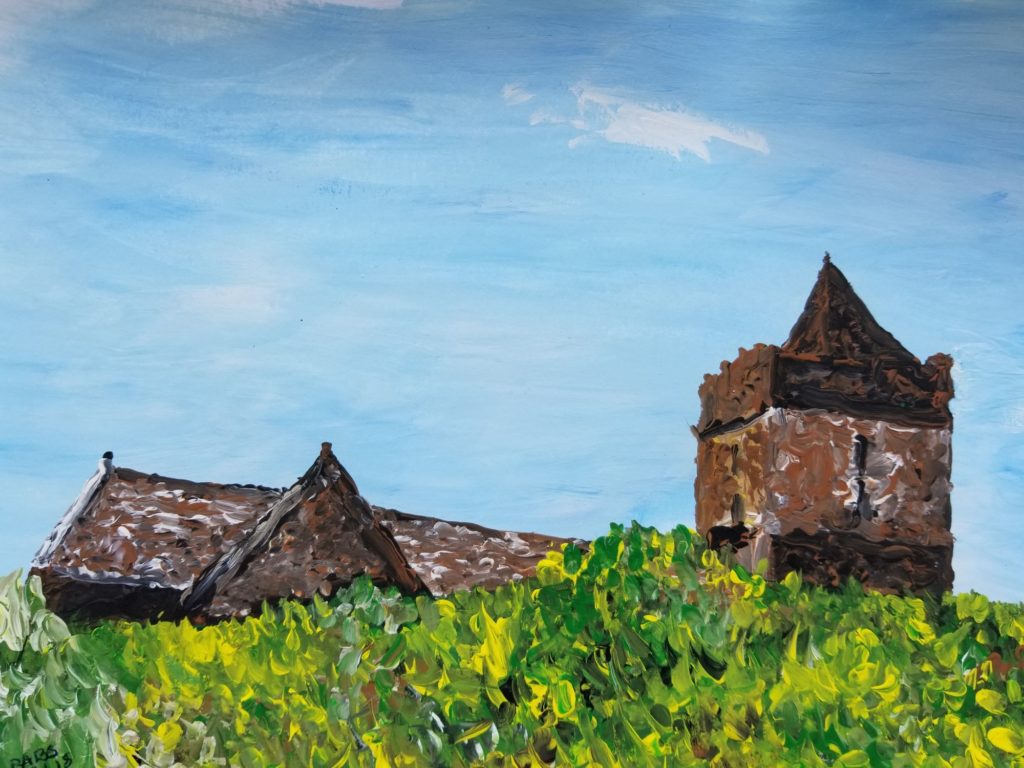
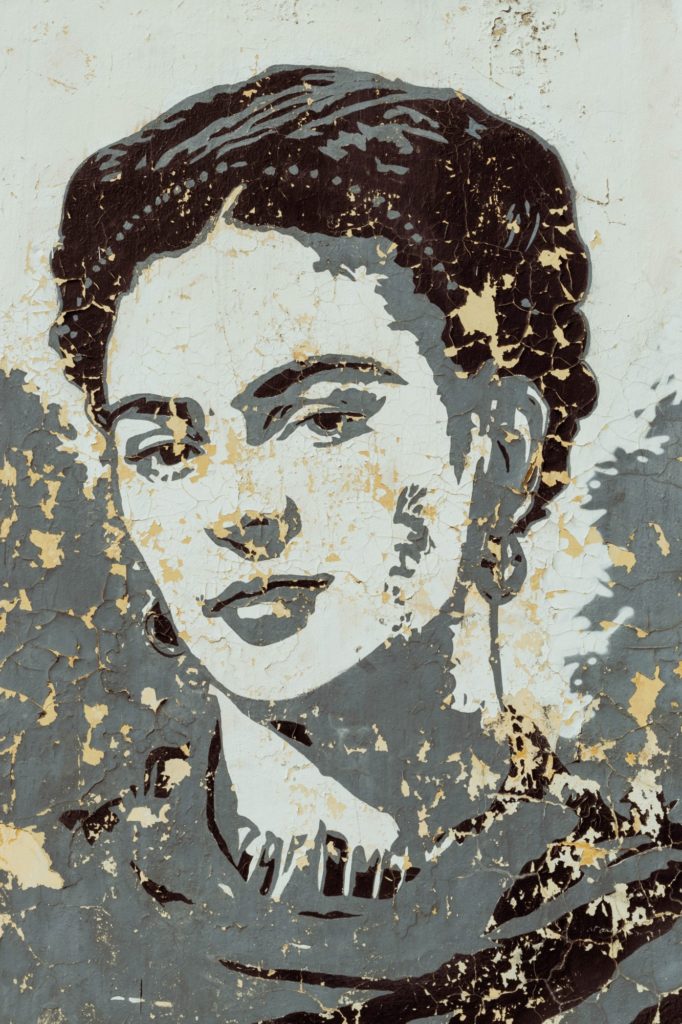



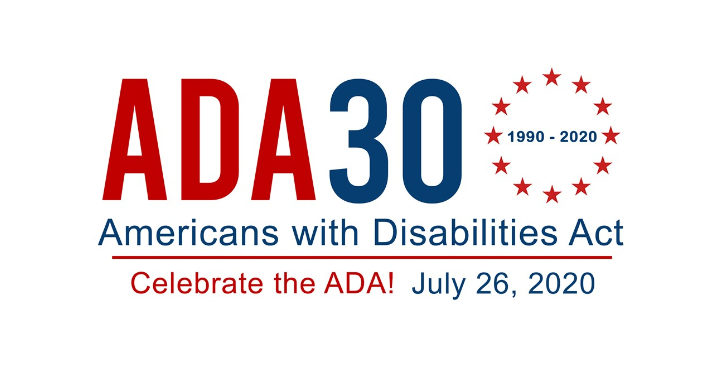



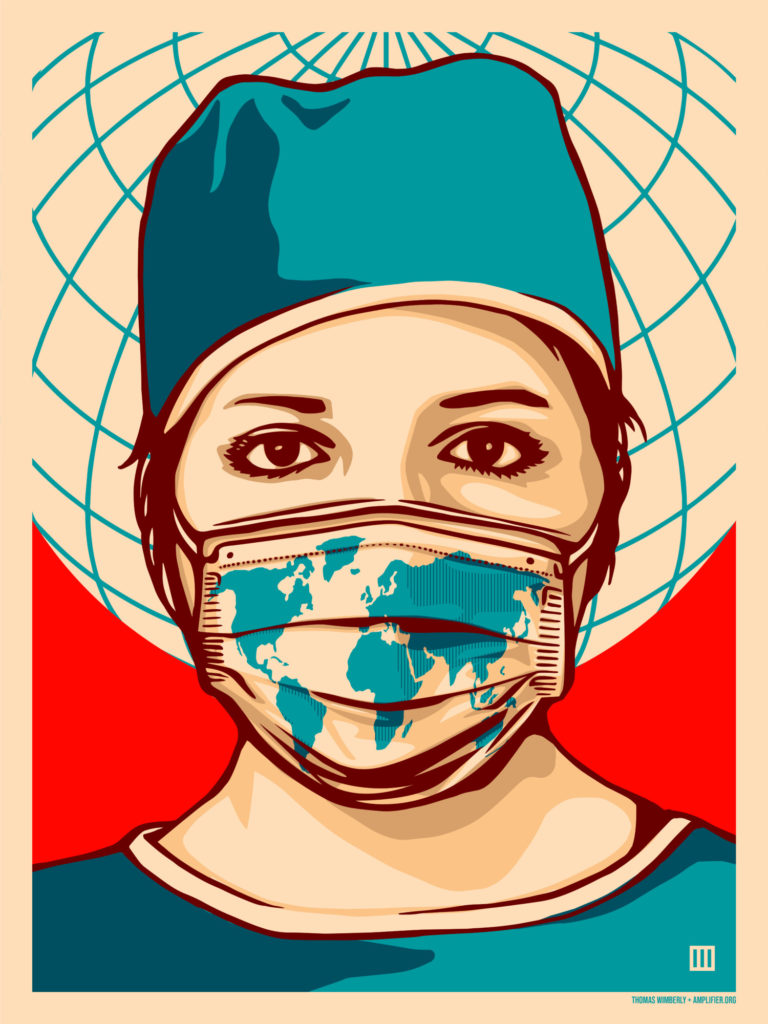

 Member since 2019 | JM14274
Member since 2019 | JM14274

